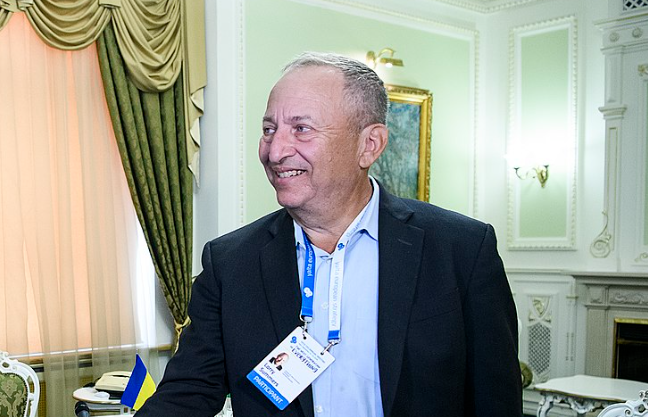A Heartbreaking IVF Mistake Left an Australian Woman With a Stranger’s Baby
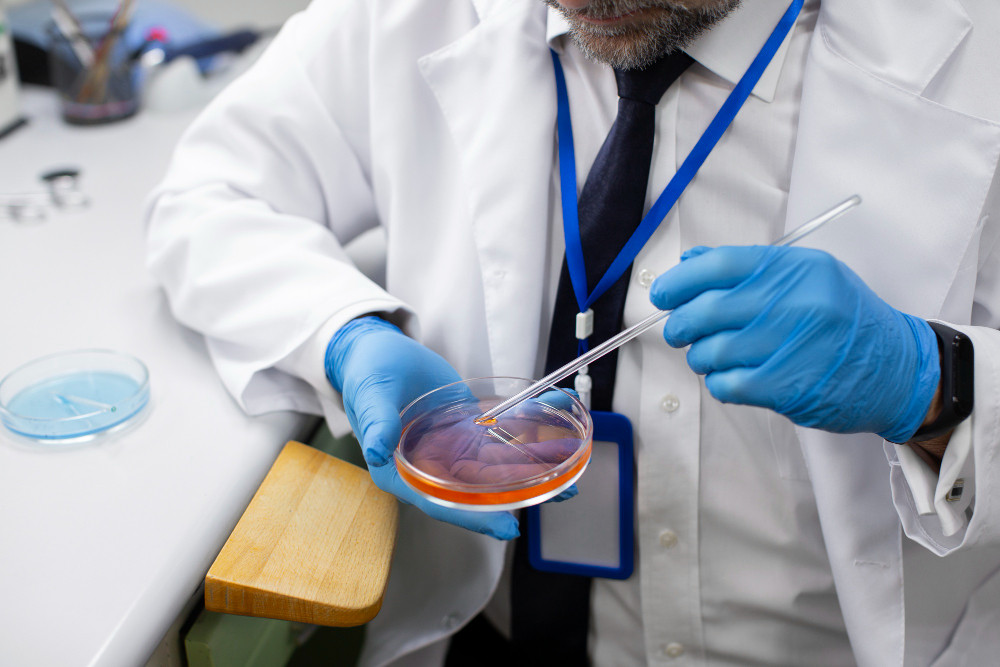
© Freepik
How often does an IVF Embryo mix-up occur globally? Are current IVF regulations strict enough to prevent mistakes?
Imagine going through months of hope, preparation, and joy to welcome a baby, only to learn that the child isn’t yours.
This unimaginable scenario became a reality for a woman in Australia due to a mistake at a fertility clinic.
The story, which unfolded in Brisbane, has raised questions about trust and safety in medical procedures like in vitro fertilization (IVF).
What happened, and how could such an error occur? Let’s dive into the details.
The woman, whose identity remains private, sought treatment at Monash IVF, one of Australia’s largest fertility clinics.
She underwent IVF, a process where eggs are fertilized in a lab and embryos are transferred to the mother’s womb.
Everything seemed normal until February 2025, when the clinic discovered a shocking error. The baby she gave birth to in 2024 wasn’t genetically hers—it belonged to another couple.
How Did the IVF Embryo Mix-up Happen?
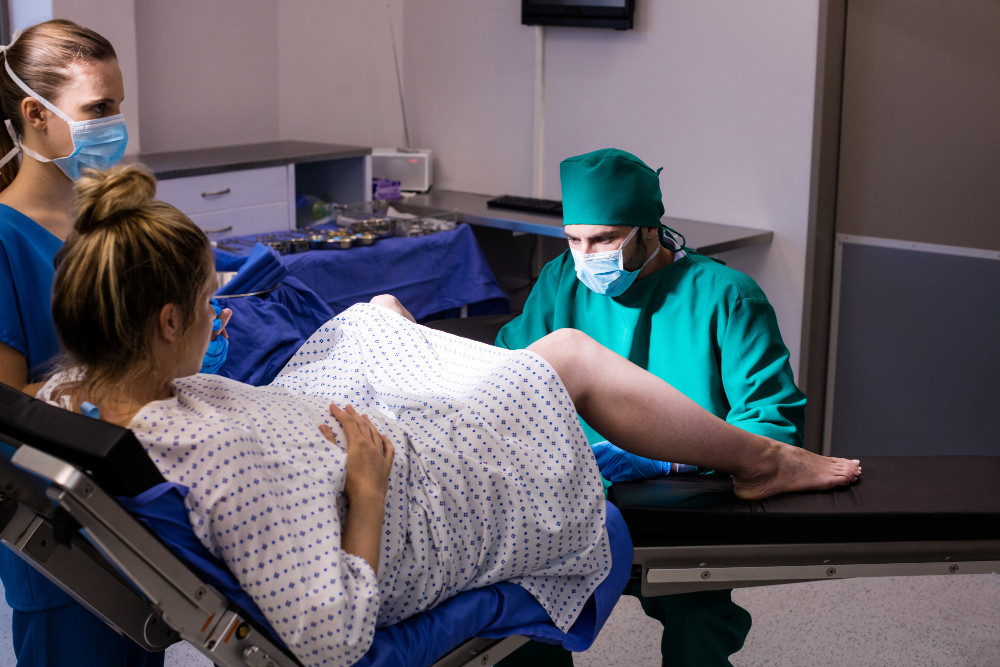
The mistake was traced back to a human error at Monash IVF’s Brisbane clinic. Staff accidentally thawed and transferred an embryo from a different patient.
The error came to light when the biological parents, unaware of the mix-up, asked to move their remaining embryos to another clinic.
Clinic staff noticed an extra embryo in storage, which didn’t add up. After investigating, they realized the wrong embryo had been implanted.
Monash IVF’s CEO, Michael Knaap, apologized, saying,
“All of us at Monash IVF are devastated and we apologise to everyone involved. We will continue to support the patients through this extremely distressing time.”
The clinic insists this was an isolated incident and has launched an independent investigation to understand how it happened despite strict safety protocols.
They’ve also reported the error to regulators, including Queensland’s assisted reproductive technology authority.
This isn’t the first time Monash IVF has faced scrutiny. In 2023, the clinic paid a $56 million settlement to over 700 patients after claims that it destroyed viable embryos due to faulty genetic testing.
While the clinic didn’t admit fault, the case highlighted concerns about their processes.
What Happens Now?
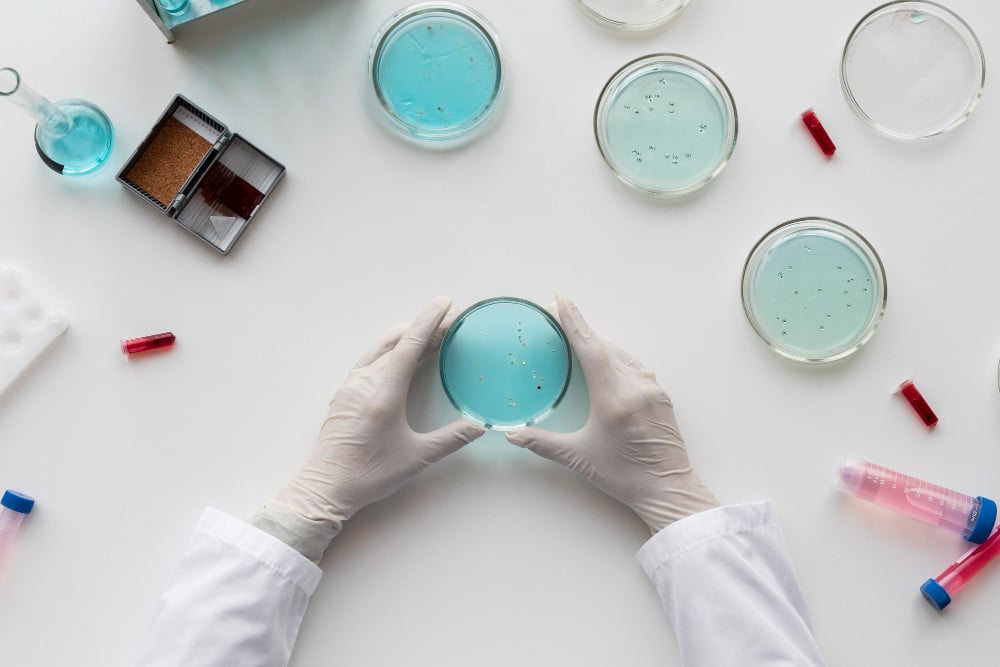
The situation raises tough questions about the baby’s future and the emotional toll on both families.
Legal experts say this case could set a precedent in Australia, as there’s no clear law on custody in such situations.
The woman who gave birth and the biological parents are reportedly considering legal action, but no details about the child’s current custody have been shared.
IVF is a lifeline for many hoping to start a family, with over 20,000 babies born through it yearly in Australia and New Zealand.
Mistakes like this are rare but not unheard of. Similar cases have happened in the United States, Britain, and elsewhere.
For example, a Georgia woman sued a clinic in 2025 after giving birth to a stranger’s baby, only to lose custody after a legal battle.
This error has sparked calls for stricter oversight of IVF clinics. Australia’s government is now reviewing regulations to prevent future mistakes.
Meanwhile, Monash IVF is offering support to the families and working to rebuild trust.
The incident reminds us that even advanced medical procedures rely on human hands, and errors, though rare, can have life-changing consequences.
As the investigation continues, many hope lessons will be learned to ensure no one else faces this heartbreak.
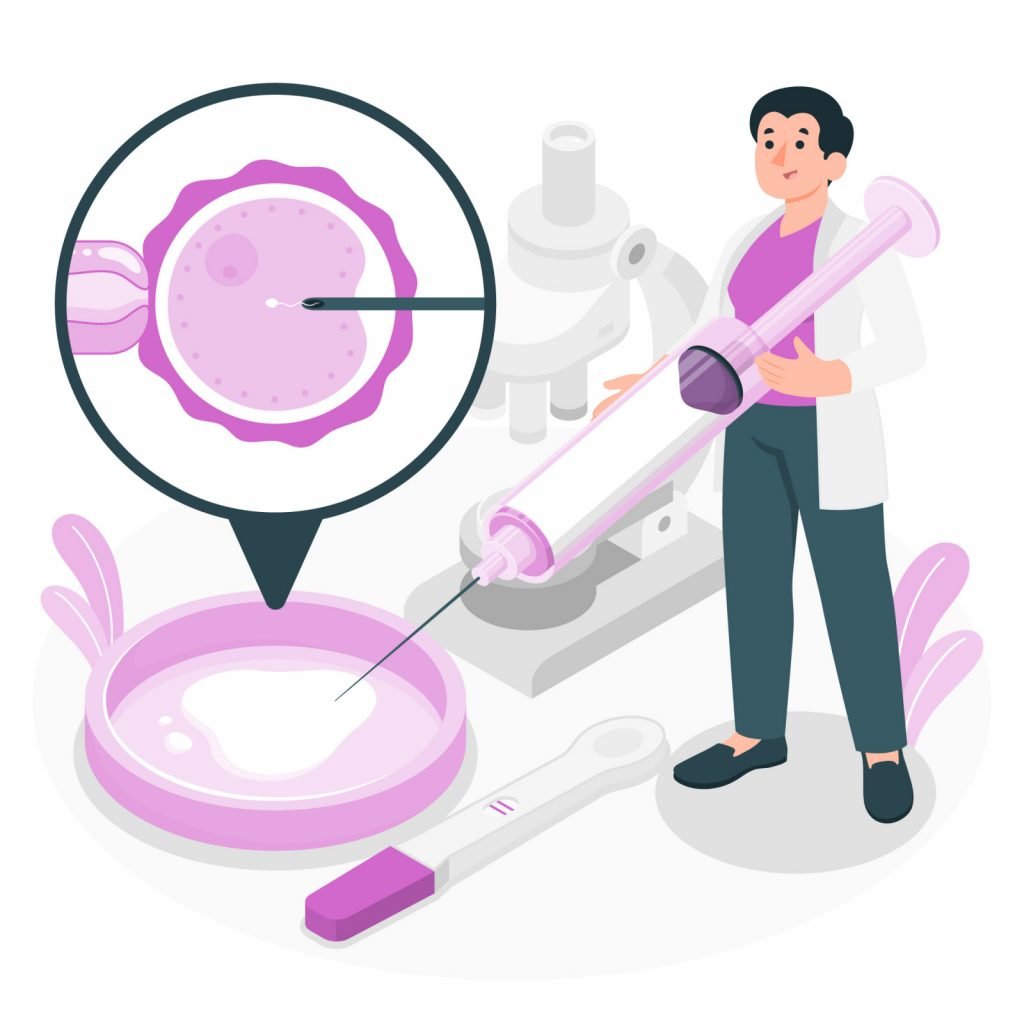
You might also want to read: 40-Year-Old Woman Gives Birth to World’s First Baby Conceived Through AI-Assisted IVF


